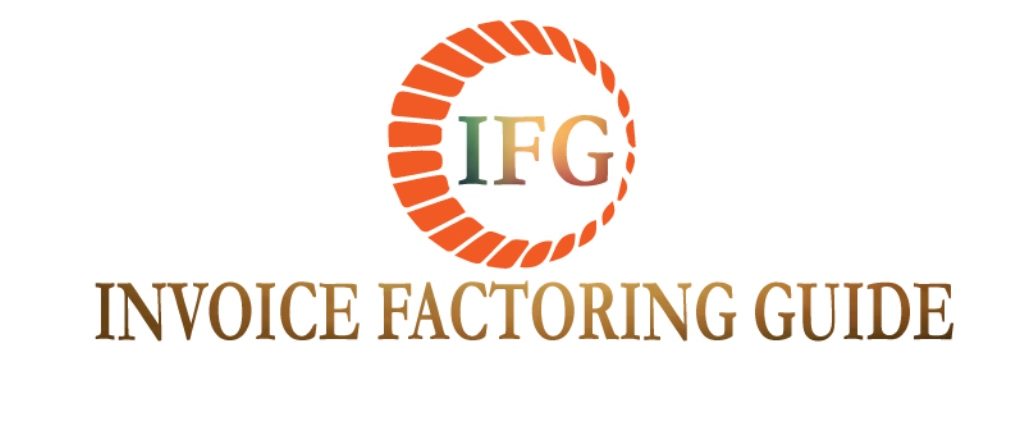Invoice Factoring FAQs
Frequently Asked Questions on Invoice Factoring
-
What is Invoice Factoring?
Invoice factoring is a program where you sell your outstanding, unpaid invoices to a factoring company who will advance you funds collateralized by the invoices. There are some important points to remember when asking what is factoring…
-
How Does Invoice Factoring Work?
Once you select an invoice factoring company, you will go through an application process. After signing a factoring agreement and after the factoring company has gone through isn’t initial due diligence, Read more on how invoice factoring works…
-
What are the Pros and Cons of Invoice Factoring?
When your business is experiencing cash flow problems from late paying customers, you should consider invoice factoring as a way to optimize your business. But factoring isn’t for everyone, and you should consider the invoice factoring pros and cons before making any decision…
-
Is Invoice Factoring Expensive?
Using an invoice factoring facility is more expensive than traditional forms of small business funding such as a business line of credit. Factoring is often used for fast-growing companies who aren’t quite ‘bankable’ yet. More traditional forms of asset based lending (ABL) including working capital business loans often follow successful factoring, as the business grows and matures.
Keep in mind that factoring fees can be offset by advance if that money is used to secure supplier discounts. Factoring costs may be further deferred as they may be tax-deductible. (Taxes can be complex and all businesses are different so always check with your accountant or a tax advisor before depending on this assumption). You must consider the resources that are being freed up by invoice factoring.
-
Can I Change My Invoice Factoring Company?
You certainly can change. Depending on your factoring agreement, you may have to wait until your contract is over with them (it’s not unusual to sign a one-year contract with a factor). There are substantial costs incurred by the invoice factoring company after they sign on a new customer. We don’t normally like the one-year contracts but if you can get lower factoring fees by signing-on for a year, it might be worth it (some invoice factoring companies will provide lower factoring fees for signing on for a year).
-
Can I Start Factoring Receivables with Bad Credit?
Yes. While some receivables factoring companies will check your business’ credit during the normal course of due diligence, they are more concerned with your customers credit rating, not yours. Your invoiced customer’s (account debtor) credit rating will be a major factor in how much the invoice factoring company will initially advance you.
-
What does Net 30 mean?
‘Net 30’ refers to the payment terms you provide to your customer. It means payment is expected within 30 days of services being rendered or project completion. Most invoices have net 30 terms but some are net 45 (due within 45 days), net 60, etc. It can be frustrating if you bill customers on Net 30 terms but payment doesn’t come in for 75 days. You can also offer incentives to slower paying customers within the payment terms. For example, 1/15 Net 30 means the invoice is due within 30 days but we are offering a 1% discount if you can pay within 15 days. This can lower your factoring costs while improving your net working capital.
-
What’s Recourse and Non Recourse Factoring?
When an invoice factoring company buys your invoices, they either bear the credit risk of the invoice repayments (non-recourse) or the factor has the right to go after the business for repayment if the invoices are not paid. Of course a customer would always choose non recourse factoring if this was the only consideration but there’s other considerations involved…
-
Are Invoice Factoring and Invoice Financing the same?
Technically, no. But these terms are often used interchangeably under the umbrella of invoice finance. While invoice factoring falls under the broader term of invoice financing we view them slightly differently. Invoice financing may involve a revolving credit line and thus refers to asset based lending (ABL) and thus…
-
Is Invoice Factoring a Loan?
No, invoice factoring is not a loan, it is technically an asset sale. As such, your business incurs no additional debt. Net working capital loans include asset based lending options such as revolving lines of credit that use the accounts receivable (the outstanding invoices) as collateral. Therefor, it is considered a secured loan and should have lower borrowing costs than unsecured loans you might get from a merchant cash advance company.
In factoring, since you’re not incurring any new debt, your credit rating could improve with the cash flow, lowering your cost of capital. This is important because when credit tightens up, your business will be in a good position if there’s already an established relationship with an invoice factoring company.
